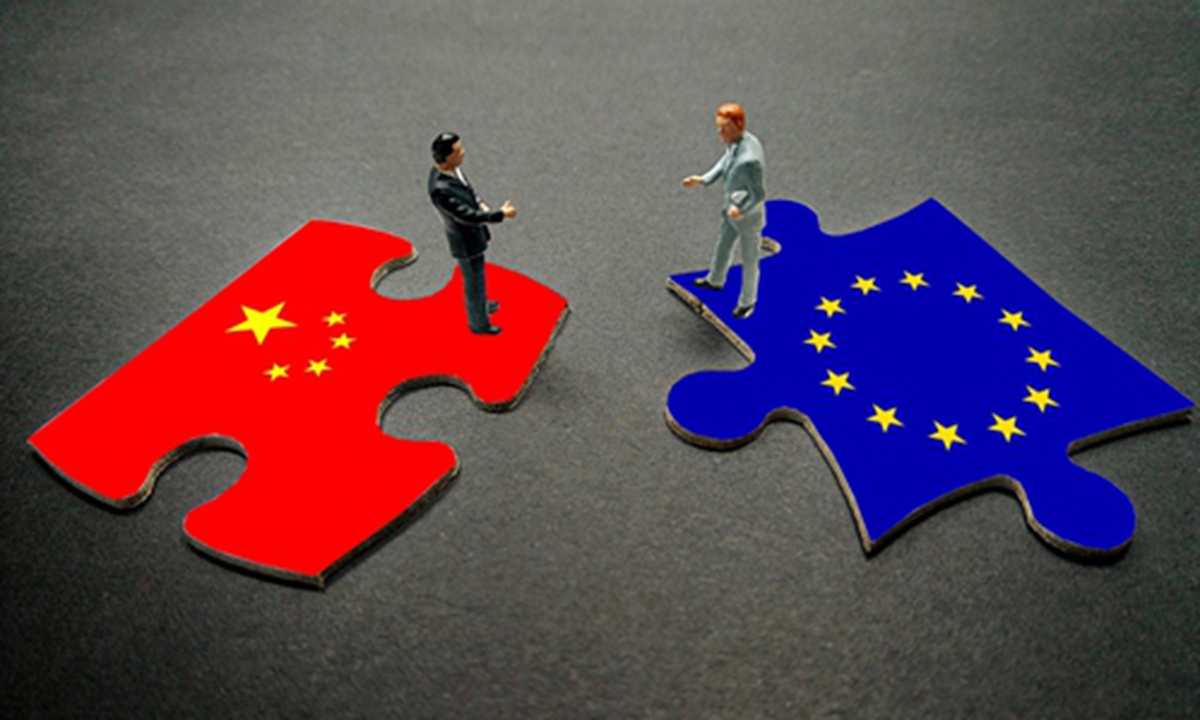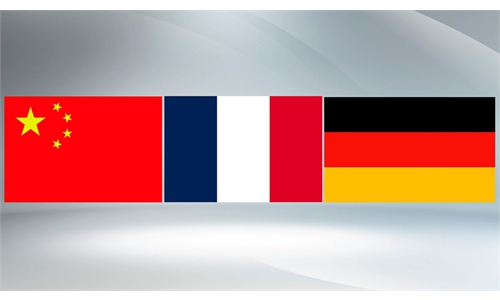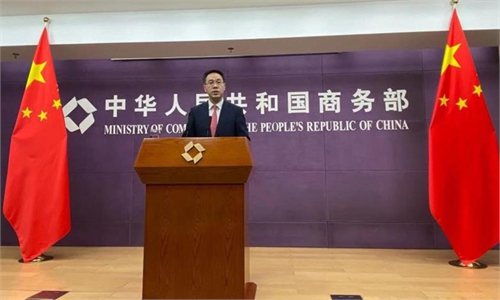COMMENTS / EXPERT ASSESSMENT
China, EU can seek ‘coopetition’ in infrastructure

Photo: VCG
After a similar pledge by the G7 in last month, EU is reportedly seeking to launch its own infrastructure plan: A Globally Connected Europe. Some Western media outlets said the plan will rival the Belt and Road Initiative (BRI).The EU strategy makes no mention of China, but German Foreign Minister Heiko Maas said "we see China using economic and financial means to increase its political influence everywhere in the world…we must offer alternatives," according to the Reuters.
The EU's latest infrastructure plan is a combination of the Connecting Europe and Asia plan proposed by EU in 2018 and the Build Back Better World (B3W) launched at the 2021 G7 summit. These new developments demonstrate that the BRI connectivity plan is the right path. EU and the US have realized infrastructure is a major growth point for the post-COVID economic recovery.
It must be noted that the BRI is an open plan to promote inclusive cooperation. China has repeatedly said it doesn't exclude other countries from putting forward proposals for cooperation. It's understandable that the EU launches its own infrastructure plan. If other economies see the need to invest more in infrastructure, China will certainly welcome.
However, Western countries, on the other hand, should not mix political agenda in their economic plans. As Luxembourg's veteran Foreign Minister Jean Asselborn cautioned, the EU's new infrastructure plan should focus on improving connectivity with other economies, instead of making China, the bloc's second-biggest trading partner, an adversary.
Even if there will be inevitable competition between EU's new plan and BRI, China and EU still have broad cooperation prospects in infrastructure. Both sides can seek "coopetition" to further expand mutual benefits, while eliminating political interferences.
From a policy perspective, China and the EU can communicate and build rules together. When G7 nations launched the B3W plan, a senior official in Biden's administration said that the initiative should be an alternative that reflects the values, standards and way of doing business of the US and its G7 allies. When it comes to potential infrastructure cooperation, China and EU can seek to jointly establish rules that both sides can accept.
On the project level, China and EU have even broader space for cooperation. In the bid for projects, Chinese and European companies have complementary advantages. For instance, Chinese companies have obvious advantages in infrastructure construction and in labor costs. The EU's infrastructure plan aims to build connectivity with other parts of the world. In local infrastructure project, European will have obvious advantages. For projects connecting the Europe and Asia, China and EU can promote long-proposed third-party cooperation. The docking of BRI and Connecting Europe and Asia plan provides great opportunities for China and Europe to promote third-party cooperation.
It's not difficult to foresee that the potential infrastructure between China and EU will face inevitable political interferences. Some Western politicians may continue to attack China on so-called human right issue, or some may further discredit BRI with the guise of "debt trap diplomacy." To expand economic cooperation will undoubtedly bring benefits for both sides, but only when these political interferences be removed so can the cooperation go to right direction.
The author is director of the Department of European Studies, China Institute of International Studies. bizopinion@globaltimes.com.cn



